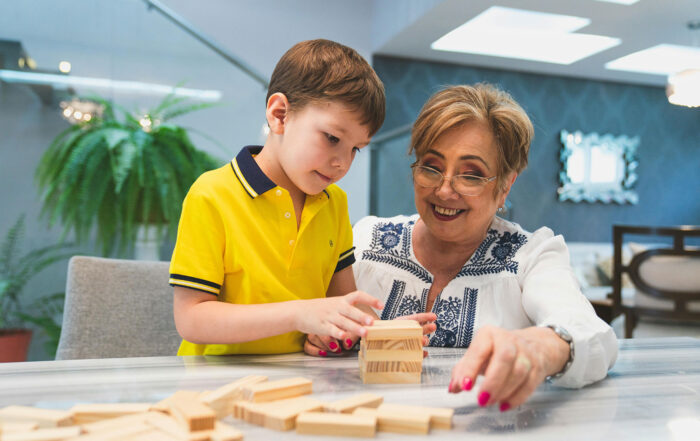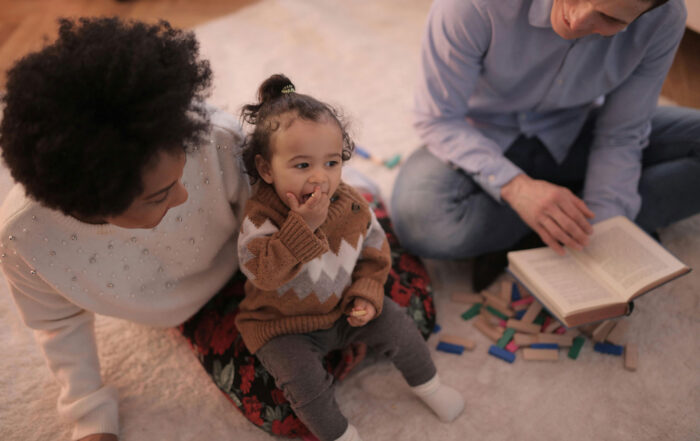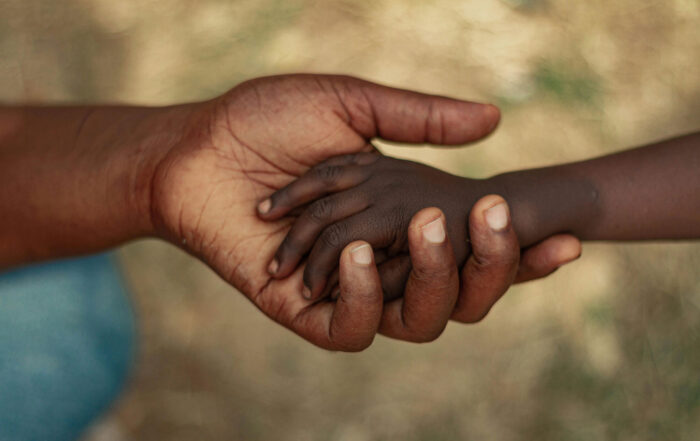
By Caroline Miller
We tend to think of trauma as the result of a frightening and upsetting event. But many children experience trauma through ongoing exposure, throughout their early development, to abuse, neglect, homelessness, domestic violence or violence in their communities. And it’s clear that chronic trauma can cause serious problems with learning and behavior.
Trauma is particularly challenging for educators to address because kids often don’t express the distress they’re feeling in a way that’s easily recognizable — and they may mask their pain with behavior that’s aggressive or off-putting. As Nancy Rappaport, a child and adolescent psychiatrist who focuses on mental health issues in schools, puts it, “They are masters at making sure you do not see them bleed.”
Identifying the symptoms of trauma in the children can help educators understand these confusing behaviors. And it can help avoid misdiagnosis, as these symptoms can mimic other problems, including ADHD and other behavior disorders.
Share This Post!
Addressing Race and Trauma in the Classroom: A Resource for Educators
By the National Child Traumatic Stress Network This resource is intended to help educators understand how they might address the interplay of race and trauma and its effects on students in the [...]
The startling toll on children who witness domestic violence is just now being understood
By Jayne O'Donnel and Mabinty Quarshie USA TODAY SAVANNAH, Ga. – Latrelle Huff says her twins were conceived by rape. Now she blames domestic violence for her children's health problems. The Georgia [...]
The lasting impact of neglect
By Kirsten Weir The first time Nathan Fox, PhD, stepped into a Romanian orphanage, he was struck by the silence. "The most remarkable thing about the infant room was how quiet it was, [...]
Children may act out due to grief or trauma of COVID-19 pandemic, and other lessons from HIV/AIDS
By Julie B. Kaplow and Mark W. Kline No infectious disease since HIV/AIDS in the 1980s has captured the world’s attention in the way COVID-19 has. The HIV/AIDS pandemic is still with [...]
Coronavirus is giving rise to another tragic issue. Child abuse.
By Chester Street Foundation Coronavirus is giving rise to another tragic issue. Child abuse. Hospitals in Texas have reported seeing an increase in child abuse cases, which they believe is driven [...]
Breaking the Cycle of Child Abuse
By Elizabeth Hartney, PhD Child abuse is known to repeat itself from generation to generation. Although not universal, the children of people with addictions are at higher risk of all types of abuse, [...]







